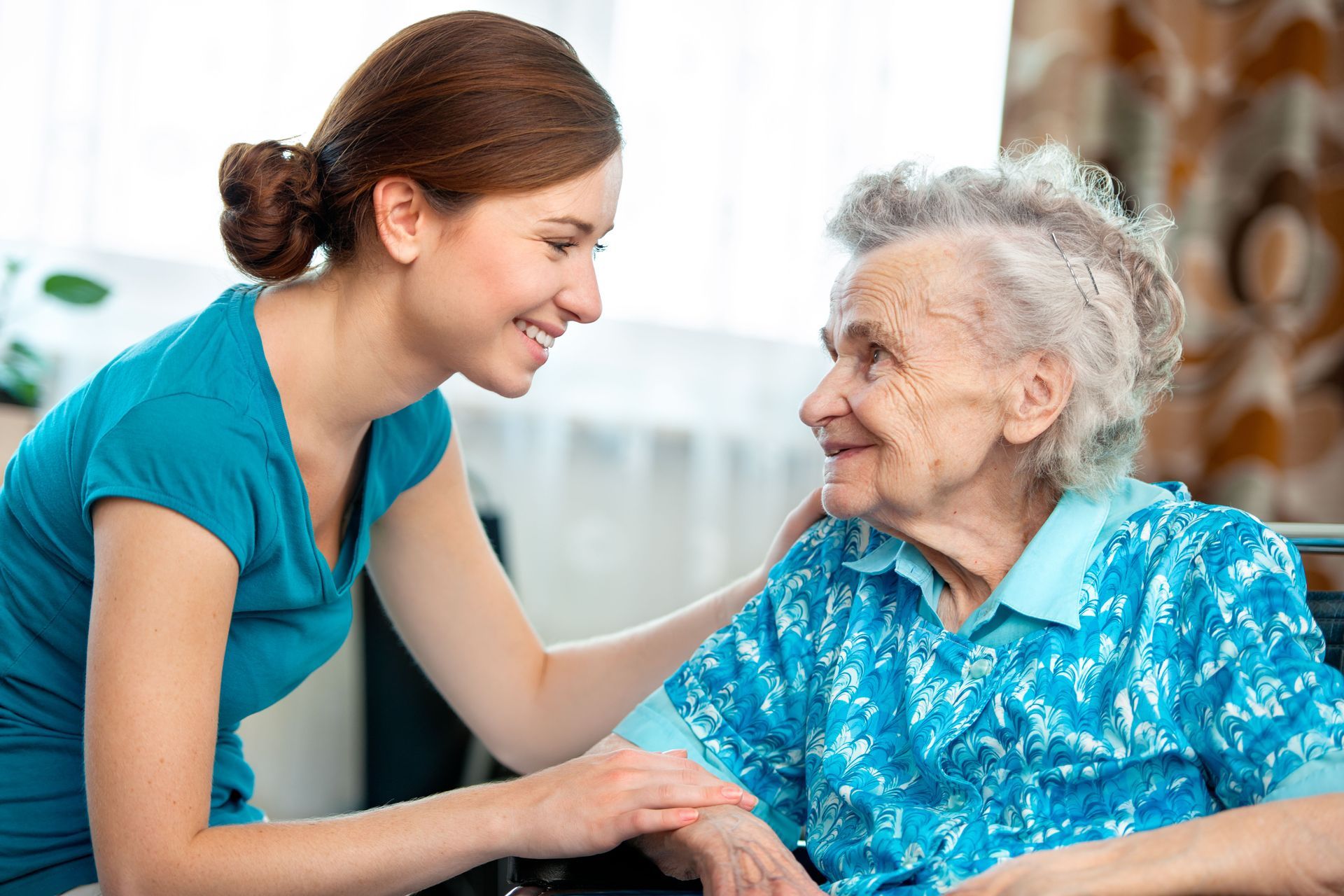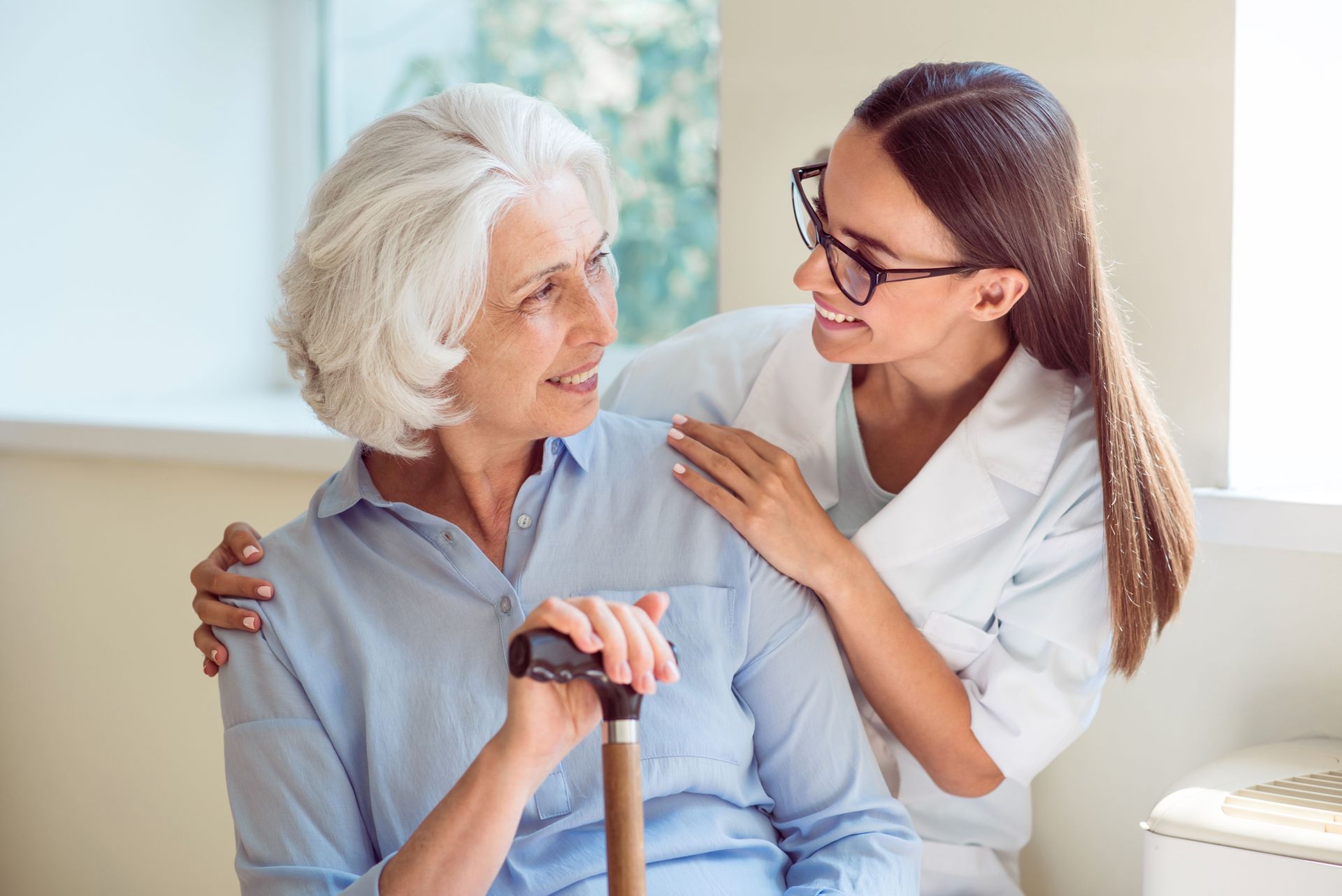How Elder Care Communities Support Independent Living
The landscape of elder care is evolving rapidly as the demographic trends point towards an aging global population. According to the World Health Organization, the share of people over 60 worldwide is expected to rise from 12% in 2015 to 22% by 2050. With advancements in healthcare, people are living longer, and there is a growing need for effective solutions that help the elderly maintain a high quality of life. As families become more nuclear, the traditional support systems for elder care are shifting from being family-centric to community-driven models. Let's delve into how a typical elder care community is designed to support seniors in living independently and vibrantly.
Facilities and Amenities Tailored for Independence
The design of living spaces in elder care communities is meticulously crafted to cater to the specific needs of the elderly. Features such as single-level designs, wider doorways, and grab bars enhance accessibility and reduce fall risks. Architects take into consideration aesthetics and functionality equally, ensuring spaces are inviting yet accommodating. In addition to safety, these spaces must appeal to the residents' tastes and requirements. This holistic approach ensures that seniors can enjoy their homes comfortably and safely, encouraging a sense of independence.
Accessibility within elder care communities extends beyond individual living spaces. Hallways, community areas, and outdoor spaces are designed to accommodate mobility aids like wheelchairs and walkers. The implementation of ramps, elevators, and non-slip flooring significantly improves mobility. For those with visual impairments, communities often incorporate braille signage and auditory signals. These thoughtful enhancements mitigate challenges that arise from physical disabilities, fostering a more inclusive environment and encouraging seniors to engage more with their surroundings.
Health and wellness programs are integral to supporting independent living in elder care communities. Personalized wellness plans are developed to cater to the unique health conditions and goals of each resident. These plans often include exercise routines, dietary guidance, and preventive healthcare measures. Regular health assessments ensure that any necessary adjustments can be made promptly. By proactively managing health, elder care communities help prevent the decline of seniors' autonomy due to health-related causes, thereby extending their ability to live independently.
Recreation and socialization are essential pillars of elder care communities that support independent living. Community centers often act as hubs for social interaction, providing a variety of activities tailored to residents' interests and abilities. From art classes and gardening clubs to fitness sessions and book groups, these activities help seniors find joy and purpose. Participation in recreational activities fosters friendships and provides emotional and mental health benefits. By encouraging active lifestyles, elder care communities promote independence and enhanced quality of life.
Comprehensive Health and Wellness Services
Elder care communities emphasize proactive healthcare management to maintain and improve the independence of seniors. Routine health screenings and preventive interventions are regular features in these communities, aimed at minimizing the impact of health issues. By anticipating potential problems and addressing them early, these interventions reduce hospital visits and maintain residents' mobility and independence. The availability of healthcare professionals on-site or on-call ensures that residents receive timely advice and care. This proactive approach helps in managing health conditions before they escalate, sustaining a better quality of life.
Physical and occupational therapies are integral components of elder care programs, supporting the independent living model by enhancing physical capabilities. Tailored therapy sessions focus on improving mobility, strength, and coordination, which are vital for performing everyday tasks. These therapies also address specific medical conditions such as arthritis, stroke recovery, and fall prevention. Regular participation in therapy helps maintain or regain physical function, promoting an empowered and independent lifestyle. Residents who engage consistently with therapy often experience increased confidence and reduced dependency on caregivers.
Mental health services form an essential element of comprehensive wellness offered by elder care communities. Aging can bring unique psychological challenges, including depression, anxiety, and cognitive decline. Professional mental health support, including counseling and therapy, is available to help residents navigate these issues. Group therapy and social activities further enhance emotional well-being by fostering community connections. With mental health support, seniors can better engage with life, boosting independence and breaking the stigma attached to aging and mental health care.
Nutritional care is crucial in fostering independent living, with many communities offering personalized dietary plans designed by nutritionists. Proper nutrition profoundly impacts physical health, cognitive functioning, and energy levels. Elder care facilities often provide meal services that accommodate diverse dietary needs, preferences, and restrictions. Educating residents about nutritional choices is another way communities help maintain independence by empowering them to make informed decisions. A balanced diet helps prevent chronic illnesses and enhances overall well-being, which is essential for sustaining self-sufficient living.
With the rising prevalence of chronic diseases among seniors, effective management strategies are essential components of elder care. Communities offer specialized programs to address conditions such as diabetes, hypertension, and heart disease. Management plans include regular health checks, medication monitoring, and lifestyle advice tailored to each resident's needs. Such proactive measures are essential in handling chronic illnesses effectively and maintaining independence while ensuring optimal living conditions.
Socialization and Community Engagement
Social engagement is vital for the mental and emotional well-being of seniors, and elder care communities facilitate the building of robust social networks. These communities act as inclusive hubs where residents can form meaningful connections with peers, which mitigates feelings of isolation. Regularly scheduled events and outings provide ample opportunities to engage with others in shared interests. Such interactions enhance residents' quality of life, reduce stress, and promote mental health. By fostering social connections, elder care communities empower residents to feel part of a larger community, which is critical to maintaining independence.
Active participation in group activities is an effective way to enrich seniors' lives, and elder care communities offer a range of options. These activities, from group exercises to collaborative art projects, stimulate both the body and mind. They are designed to accommodate various interests and abilities while promoting camaraderie and teamwork. By participating in group activities, residents experience a fulfilling lifestyle that supports mental and physical health, aiding independent living.
Volunteerism not only benefits the community but also greatly enriches the lives of seniors, offering a sense of purpose and fulfillment. Elder care communities often provide residents with opportunities to volunteer both within and outside the community. Engaging in volunteer work allows seniors to share skills, stay active, and contribute positively to their surroundings. It also fosters a sense of belonging and enhances community bonds. Participating in volunteer activities empowers seniors to assert control over their lives, reflecting the principles of independent living.
Intergenerational programs are initiatives that bring together multiple age groups to share experiences and learn from one another. These programs foster mutual understanding and respect between seniors and younger generations. Elder care communities have successfully implemented these programs through activities such as mentorship, storytelling, and collaborative events. Such interactions provide emotional satisfaction and encourage mental acuity in seniors.
Elder care communities play an indispensable role in supporting seniors who wish to live independently. By leveraging tailored facilities, comprehensive health services, social engagement opportunities, and technological innovations, these communities provide a balanced approach to aging. The continued development of elder care solutions promises even more improved services that enable seniors to live with dignity and autonomy as they grow older. For help finding an elder care community you can trust to take care of your loved ones, contact us today at Eldercare Connections.






Share On: